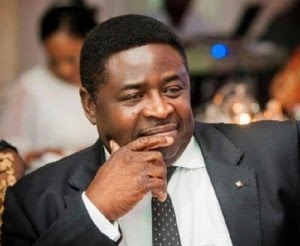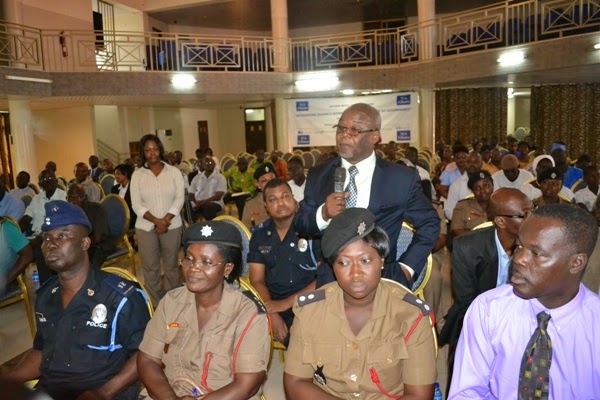By Edmund Mingle
More Moroccan businesses have expressed interest in coming to Ghana to explore the vast investment opportunities in the country.
 |
| Mrs. Nezha Alaoui M’hammdi, Moroccan Ambassador to Ghana |
The increasing interest is the result of governments of the two countries’ effort at enhancing their economic co-operation.
The Moroccans would soon visit Ghana with a high-level business delegation to explore opportunities for investment and business partnerships, particularly in the areas of telecommunication, housing, transportation, fisheries, agro-processing and tourism.
Mrs. Nezha Alaoui M’hammdi, Moroccan Ambassador to Ghana, who said this during an interaction with journalists in Accra ahead of her country’s National Day celebration to be marked tomorrow, said there was growing interest about Ghana among the Moroccan investor community.
“We are working to bringing more investments into Ghana,” she said.
The coming of the business delegation follows the recent announcement by a leading Moroccan real estate company, the Addoha Group, to invest 250 million euros in affordable housing and cement production in Ghana.
Also, Palmeraie Holding, one of the largest Moroccan investment groups, recently expressed interest in investing in a number of key areas in Ghana, such as affordable housing, tourism and manufacturing sectors.
According to the Ambassador, apart from foreign direct investments by large Moroccan companies, smaller companies were dealing with their counterparts in Ghana at the enterprise level to take advantage of opportunities in the two economies.
The increasing Moroccan investment in Ghana, she explained, was in line with Morocco’s reformed foreign policy that focused on improved south-south economic and social co-operation.
According to Mrs. M’hammdi, the renewed policy of south-south co-operation was enabling the country to share expertise, investment and knowledge transfer with other African countries within the broad scope of regional integration.
In addition, she explained that the policy promotes skills and technology transfer, and capacity building, as a result of which 45 Ghanaian students are offered state scholarships to study in Morocco annually.
Touching on the bilateral relations between the two countries, Mrs. M’hammdi noted that the historical commitment of the two countries that led them both to gain independence in 1957, “is still driving our co-operation for economic independence.”
“I see the relationship growing to become more diversified,” she said.
Mrs. M’hammdi said although language continued to be a barrier in the dealings between the people of the two countries, the embassies in the respective countries were working to address the problem, and especially to ensure that it did not hinder the trade partnerships between the business sectors of the two sides.








+Director+of+Sterling+International+Ltd,+receiving+the+award.JPG)